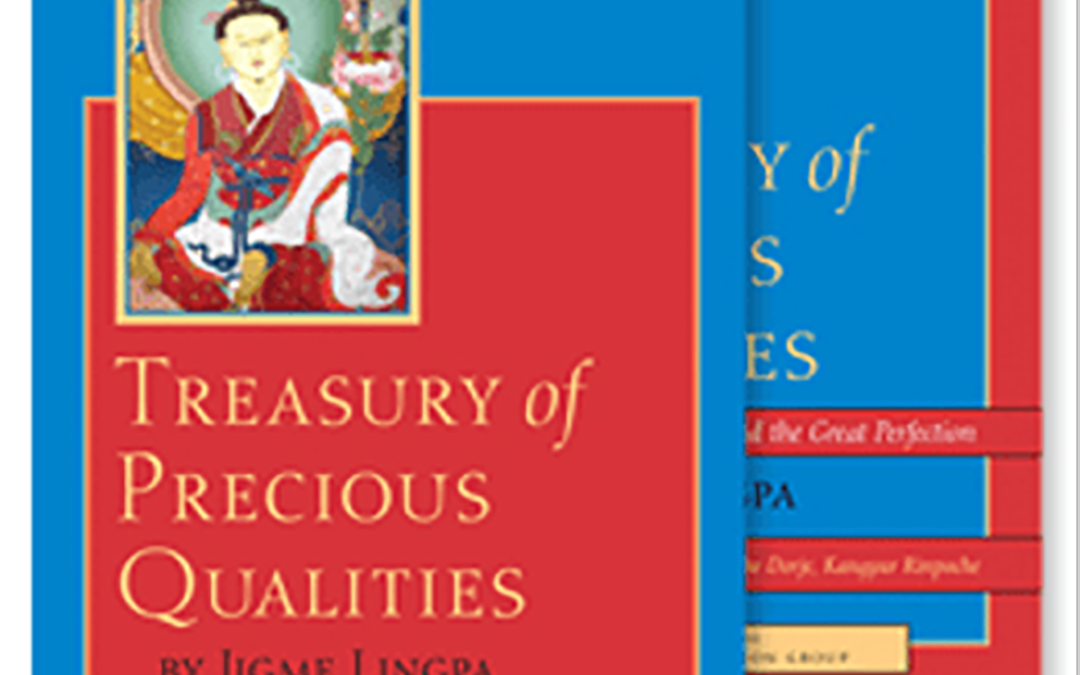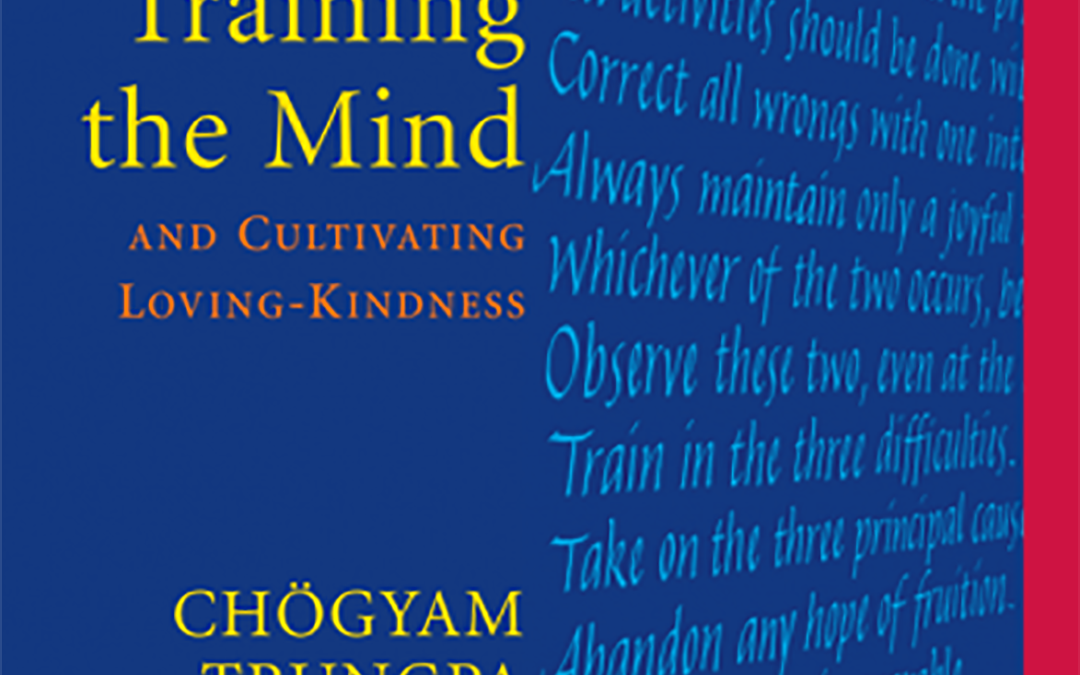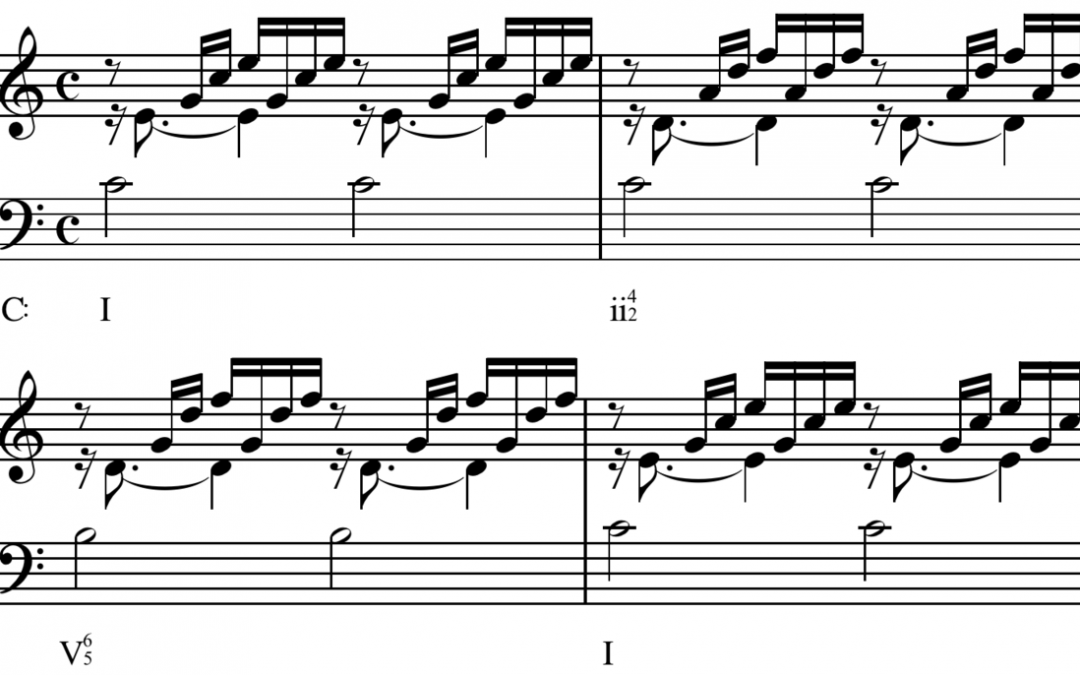
Mantrayana
Etymologically, the term “Mantrayana” may be explained as follows. In Sanskrit, “mantra” is a conflation of the elements “manas,” which means “mind,” and “traya,” which means “to protect.”

Etymologically, the term “Mantrayana” may be explained as follows. In Sanskrit, “mantra” is a conflation of the elements “manas,” which means “mind,” and “traya,” which means “to protect.”

That sore spot on our body is an analogy for compassion. Why? Because even in the midst of immense aggression, insensitivity in our life, or laziness, we always have a soft spot, some point we can cultivate…

Western Buddhists sometimes talk about a karmic cosmic law as if it meant that we were somehow preprogrammed. That is not the Buddhist view, for even though Buddhism teaches that our past karma affects our present state…

The beat of the pulse is the same as that of the heart; of course, it is variable in speed.. ~Arnold Dolmetsch
Everywhere, always, there was rhythm.
The world and its contents: rhythm